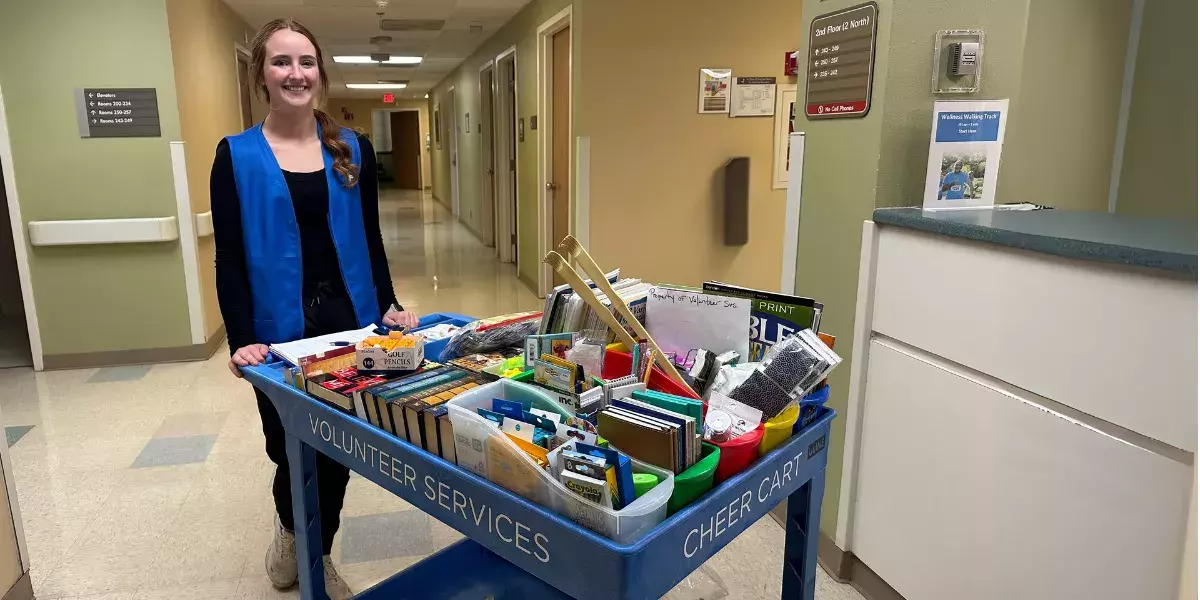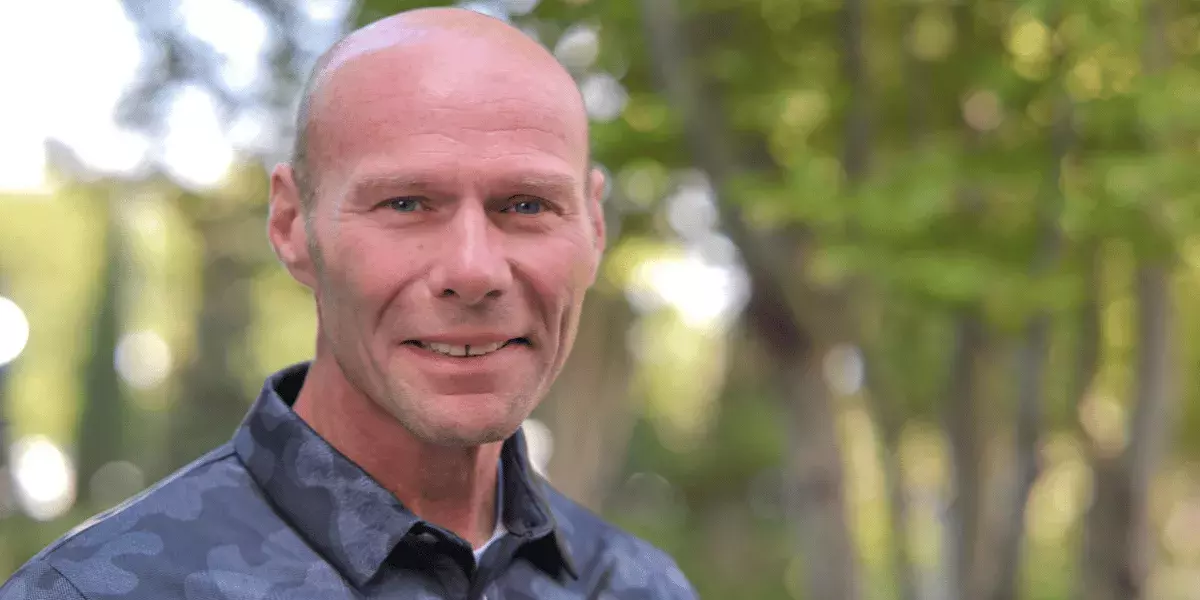
“I feel like I have a second chance at life”
It was four days before her daughter's wedding when Mary Steele swerved off the road in October of 2011. Steele ran into a fence and was found slumped over her steering wheel. At age 59, she had a heart attack.
“Several people stopped to help. They had to break out the windows of my brand-new car and pulled me out to start CPR. I really think they were my guardian angels,” Steele said. “EMS was just around the corner and brought me to the hospital which was seconds away.”
Steele, a former teacher at Spartanburg Day School, was in a coma for five days, and doctors told her children she had a 30 percent chance of living. After doctors lowered her body temperature with the Code Freeze procedure, Steele wiggled her big toe.
She was implanted with a pacemaker and defibrillator and walked out of the Spartanburg Regional Heart Center 11 days after her heart attack. The Spartanburg Medical Center Heart Center is the first in the state to receive the Chest Pain Center with Primary PCI with Resuscitation Accreditation from the American College of Cardiology, meaning they can quickly help patients like Mary.
“We postponed my daughter's wedding and in 2012 we had two weddings. In 2013 we celebrated the birth of my first granddaughter,” Steele said. “I truly feel like I had a second chance at life. I actually died. I truly believe there were guardian angels who happened to be at the right place and the right moment.”
Heart disease is the number one killer of women, and it affects one in every three women. It is critical that women pay attention to their bodies and not ignore the symptoms that something is just not right. Symptoms for women are often not the same as for men.
“Women think they do not have the time to be sick. They have a job, children, a husband and a house to take care of or they are too young,” Steele said. “Women often think if they ignore these warning signs that they will just go away. They won't! I am living proof that they did not go away.”
Surviving a heart attack prompted Steele to change her lifestyle.
She began exercising daily, eating more heart healthy foods and lost more than 100 pounds. Steele also became a spokesperson and community advocate for women's heart health.
“Take the time to put yourself first,” she said. “Adopt a change of life: make exercise an important part of your day, eat a healthier diet, and take the time each day to be grateful for what you have been given.”
Along with being a spokesperson, Steele is an advocate. She reminds women not to ignore the symptoms and know their body.
“Women really need to pay attention to their symptoms. For women, a heart attack could start with a strange pain in your shoulder or a pain in your finger,” Steele said.
Knowing your body is key, and also that heart disease doesn't discriminate.
“I was 59 when I had my heart attack, but women can be as young as 28 or as old as 82,” Steele said. “I always thought I was pretty healthy, but I ignored the symptoms. Prior, I had been short of breath and had palpitations but did nothing about it. Before my heart attack, I was tired from my head to my toes and I was already being treated with medication.”
Now Steele's mantra is to keep her stress level low and her physical activity rate high.
She exercises Monday through Friday, which helps her release stress. Her heart attack inspired her sister, who lost 40 pounds through exercise and heart healthy eating. A fellow teacher paid attention to her body signs and learned she needed to have a stint put in.
“I truly enjoy every single moment of every single day. There are a lot of tears of happiness,” Steele said. “I was given this second chance, and I know I'm supposed to share my story to help other women.”
If you have concerns about symptoms, make an appointment with your doctor or find a physician.












